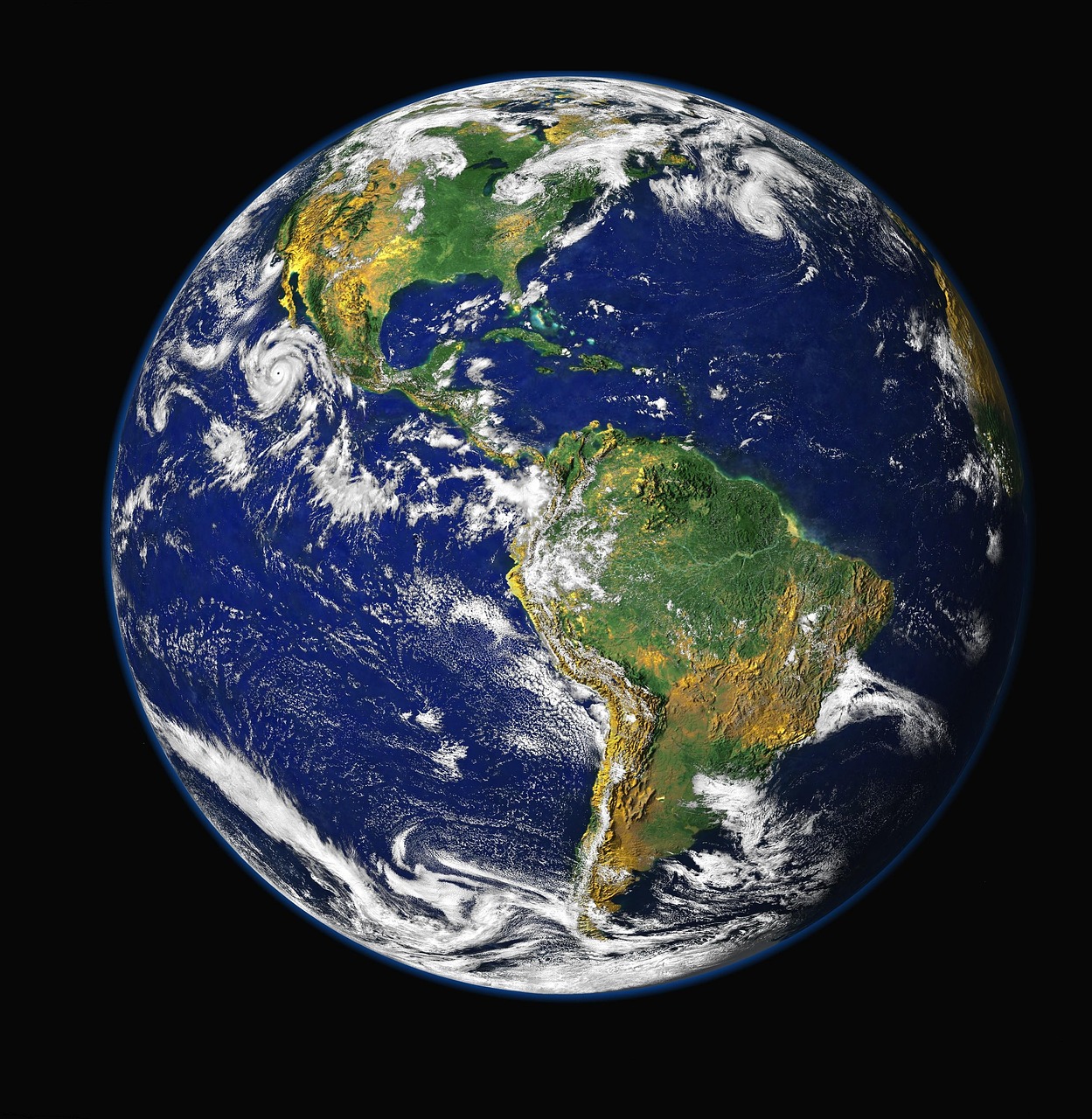The exploration of space has always been a remarkable feat for humanity, and China has emerged as a prominent player in this cosmic endeavor. With its rapidly growing space program, China has made impressive strides in various aspects of space exploration and research. This article delves into China’s accomplishments, ongoing missions, and future aspirations, highlighting the nation’s contributions to the exploration and understanding of the vast expanse beyond our planet.
The Rise of China’s Space Program
China’s space program took its initial steps in the 1950s and gradually expanded over the years. In 1970, China successfully launched its first satellite, Dongfanghong-1, marking a significant milestone. Since then, China’s space agency, the China National Space Administration (CNSA), has evolved into a force to be reckoned with in the global space community.
Notable Achievements
China’s space program has achieved several notable milestones. In 2003, Yang Liwei became the first Chinese astronaut to travel to space aboard the Shenzhou 5 spacecraft. This marked the beginning of China’s manned space missions, known as the Shenzhou program. Since then, China has conducted several manned missions, including spacewalks and the establishment of the Tiangong space station.

Lunar Exploration
China’s lunar exploration program, Chang’e, has made significant advancements in lunar exploration. In 2013, China became the third country to successfully land a spacecraft on the Moon with the Chang’e 3 mission. Subsequent missions, such as Chang’e 4 and Chang’e 5, achieved groundbreaking feats, including the first soft landing on the Moon’s far side and the successful return of lunar samples to Earth.
Mars Exploration
China’s Tianwen-1 mission, launched in 2020, represented the country’s first attempt at reaching Mars. In February 2021, the mission successfully entered Mars’ orbit, and shortly after, the Tianwen-1 lander deployed a rover, Zhurong, to the Martian surface. This marked China’s first successful Mars landing and made it the third nation to achieve this feat.
Space Station and International Cooperation
China is currently developing its own space station, known as Tiangong, which is expected to be completed by 2022. The station will serve as a platform for scientific research and international cooperation. China has been actively engaging with other countries, including European nations, in joint space missions and collaborations, fostering a spirit of global cooperation in space exploration.

Future Aspirations
Looking ahead, China has ambitious plans for its space program. These include further lunar exploration, with the aim of establishing a manned lunar base, and potential crewed missions to Mars. China’s space industry is also focusing on satellite deployment, space science, and technological advancements, demonstrating its commitment to pushing the boundaries of human knowledge and exploration.
China’s remarkable progress in space exploration exemplifies its determination to become a key player in the global scientific community. With its achievements in manned missions, lunar and Mars exploration, and the development of its own space station, China has firmly established itself as a significant force in the realm of space exploration. As China continues to push the boundaries of what is possible, the future holds tremendous potential for new discoveries and unprecedented advancements in our understanding of the cosmos.
